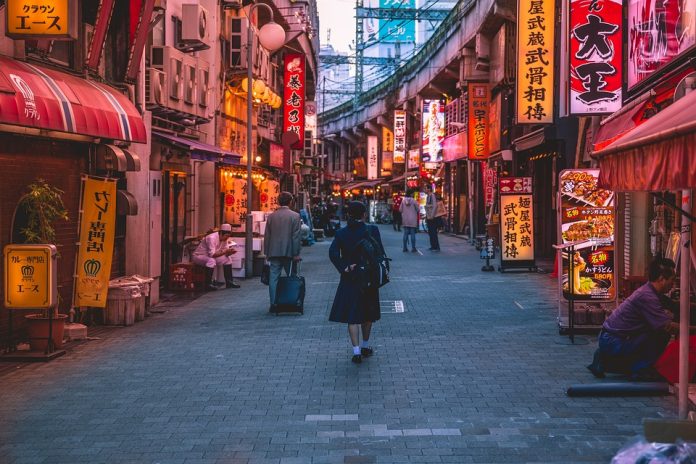Why Social Media is Killing your Social Skills (and how to save them)
In today’s digital age, social media has become an integral part of our daily lives. We use it to stay connected with friends and family, share our thoughts and experiences, and even to stay updated on current events. However, excessive social media usage has been linked to a decline in face-to-face interactions, leading to a lack of social skills. In this article, we will explore the correlation between social media usage and social skills, and provide tips on how to save your social skills from the negative effects of social media.
The Impact of Social Media on Social Skills
Studies have shown that excessive social media usage can lead to a decline in face-to-face interactions, which is essential for developing and maintaining social skills. When we spend too much time on social media, we tend to interact with people online, rather than in person. This can lead to a lack of practice and reinforcement of social skills, such as communication, empathy, and conflict resolution.
Furthermore, social media can create unrealistic expectations and promote superficial relationships. We often present a curated version of ourselves online, which can lead to feelings of inadequacy and low self-esteem. This can also lead to a lack of meaningful connections and a sense of disconnection from others.
The Consequences of a Lack of Social Skills
A lack of social skills can have serious consequences on our personal and professional lives. Without the ability to communicate effectively, build relationships, and resolve conflicts, we may struggle to form and maintain meaningful connections with others. This can lead to feelings of loneliness, isolation, and disconnection.
In the workplace, a lack of social skills can also have negative consequences. Poor communication and teamwork skills can lead to conflicts, misunderstandings, and decreased productivity. This can ultimately impact our career advancement and overall job satisfaction.
The Solution: Saving Your Social Skills
So, how can we save our social skills from the negative effects of social media? Here are some tips:
Set Boundaries
The first step is to set boundaries around your social media usage. Limit your usage to specific times of the day, and avoid mindless scrolling. Instead, use social media intentionally, such as to stay connected with friends and family, or to stay updated on current events.
Practice Face-to-Face Interactions
Make an effort to engage in face-to-face interactions, such as meeting friends for coffee, joining a club or organization, or volunteering. These interactions can help you develop and maintain social skills, such as communication, empathy, and conflict resolution.
Join a Community
Joining a community or group that aligns with your interests can be a great way to meet new people and practice social skills. This can be a book club, a sports team, or a hobby-based group.
Take a Break
Finally, consider taking a break from social media altogether. This can be a great way to detox and focus on building meaningful connections with others.
Conclusion
Excessive social media usage can have a negative impact on our social skills, leading to a decline in face-to-face interactions and a lack of meaningful connections. By setting boundaries, practicing face-to-face interactions, joining a community, and taking a break, we can save our social skills and build stronger, more meaningful relationships with others.
Frequently Asked Questions
Q: How much social media usage is considered excessive?
A: There is no one-size-fits-all answer to this question. However, excessive social media usage is generally defined as spending more than 2-3 hours per day on social media.
Q: What are some alternative ways to stay connected with friends and family?
A: There are many alternative ways to stay connected with friends and family, such as phone calls, video chats, and in-person visits.
Q: Can social media usage be a problem even if I’m not addicted to it?
A: Yes, social media usage can still have negative effects even if you’re not addicted to it. Even moderate usage can lead to a decline in face-to-face interactions and a lack of meaningful connections.
Q: How can I tell if I’m spending too much time on social media?
A: Pay attention to how you feel when you’re using social media. Do you feel anxious, stressed, or overwhelmed? Do you find yourself constantly checking your phone or scrolling through feeds? If so, you may be spending too much time on social media.
Q: Can social media usage affect my mental health?
A: Yes, excessive social media usage has been linked to depression, anxiety, and low self-esteem. It’s essential to be mindful of your social media usage and take steps to maintain a healthy balance between online and offline interactions.


